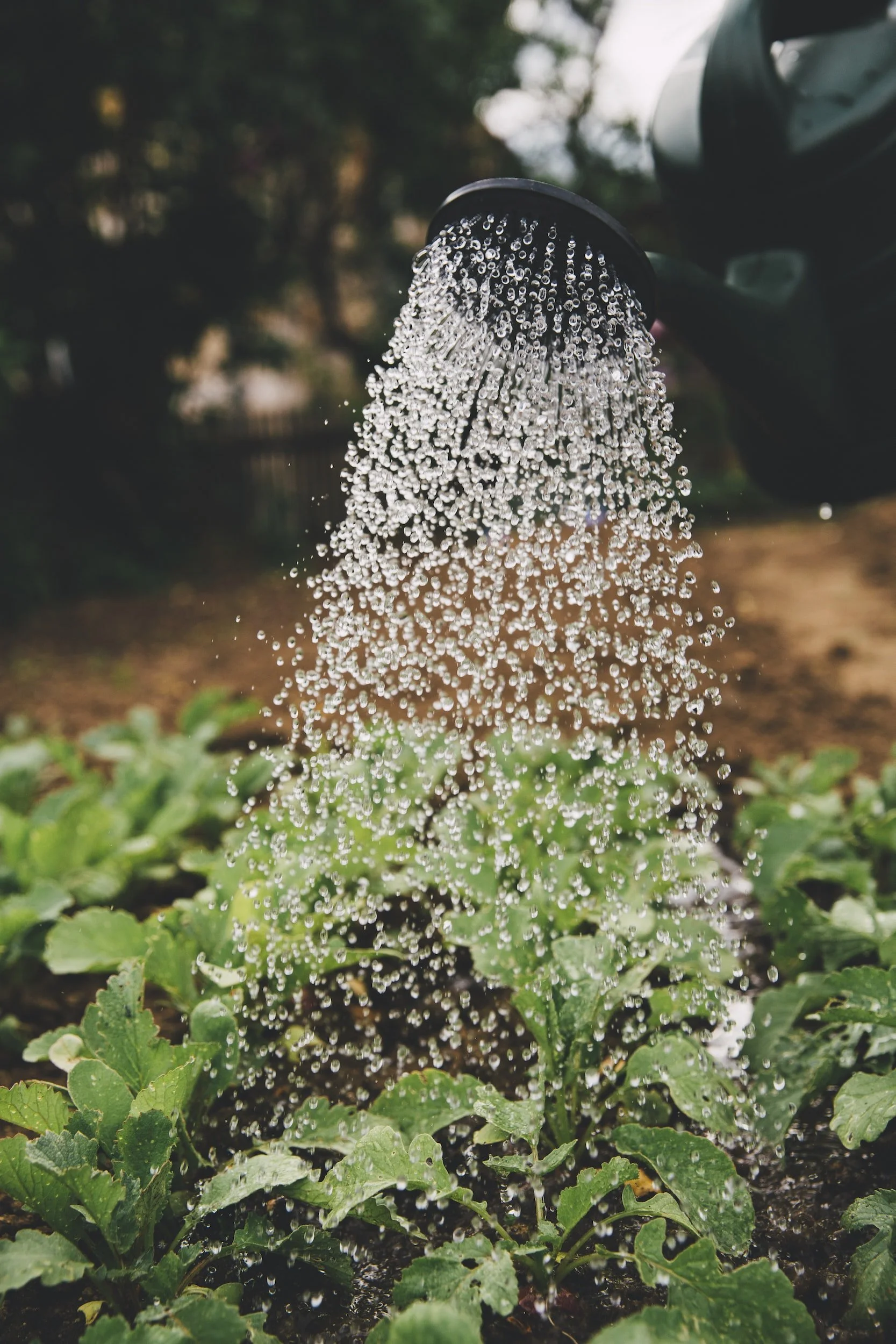What is Relationship Care? A Self-Care Guide to the basics.
I want to expand on what you think of when you hear the term self-care.
So often self-care is a thing we do by ourselves, for ourselves. It is so weird that we think of self-care as an activity that happens in isolation.
What exactly do extroverts do when they self-care? Are they just avoiding it like the plague?
Relationships also need care, and if the Harvard study that the book The Good Life is based on is to be believed, how we tend our relationships matter more than most other things.
Yet we separate relationships away from self-care. No more.
Let me introduce you to a concept called relationship care.
What is relationship care?
Relationship care is the term we use to describe how we care for ourselves in relation to other people. This doesn’t just mean romantic relationships; it means all relationships. Work, family, friends, children, partnerships, you know—relationships.
And we need to care for ourselves within those relationships. Our connection with other people can be a source of joy, purpose, and meaning in our lives. But we are rarely given guidance that exists outside the basics of “don’t be lonely” or “cut them out of your lives if they are toxic”. So can we adopt a more subtle and nuanced approach to how we see ourselves with others?
Yes, we can.
Let’s plant a garden together.
That may seem like an odd analogy to describe what to consider when thinking about our life relationships, but I think it is an incredibly useful one. Let’s create a cast a characters for this analogy.
Your relationships = plants in the garden
Your resources = sun, water, and fertilizer for your garden
The garden = your life
But we must first state a fundamental truth. We, as humans, have a finite amount of time, energy, and effort that we can put into our relationships with others. We cannot pour in endless amounts of time and effort—eventually, we will need to sleep. So that means we need to be more conscious about how we divide our resources. And for our garden, we will consider those resources to be the water, sun, and fertilizer that we need to tend our garden.
Next, we need to plant our garden beds.
We have a full-sun bed, a partial-shade garden bed, and a full-shade garden bed. Each of these garden beds requires different resources.
The full-sun bed, for example, is the bed where the major amount of our sun, water, and fertilizer goes. Remember, those are our time, energy, and effort. So the folks who live in the full-sun garden bed get the most of us. The most water, the most sun, the most fertilizer. So it is critical that we only have the people who are most important and supportive to us in this full-sun garden. This is your close family, closest friends, and potentially your romantic partnership.
And this is important…
You cannot afford to have someone who is a time, energy, and effort suck in your full-sun garden. You cannot have someone who takes all the resources in the full sun. They will take up everything, and you will lose the resources that you need for other people.
So if you have someone in your life that takes up more than their fair share of your resources (time, energy, effort) you have got to move them. Remember, you only have so many of those resources, you cannot afford to take on someone who is taking up too much.
This could be your mom, a boyfriend, a sibling, or a close friend who is taking from you without giving back on a consistent and longer-term basis. You have got to move them.
Where should they be replanted?
To the partial-sun garden. This is a garden you feed less often, it takes up fewer resources, and you find it a joy and surprise how gorgeous those flowers can get with less sun, water, and attention. They are people you see less often, but still make an effort to connect with on a semi-regular basis.
Then there are those folks who are in a full-shade garden bed. This is for people in your life whom you interact with, and enjoy knowing, but are casual acquaintances and people whom you see fairly infrequently. There is still a relationship, but this garden bed takes up the least amount of your resources.
Please don’t discount this full-shade garden bed as less than the others—full-shade plants are beautiful in their hues of greens, blues, and grey. They may not see the sun all the time, but they can still bloom and flourish. Sometimes these are called weak-tie relationships (a name that doesn’t encompass the importance of these people in our lives), but they are always the plants you can rely on to thrive even when you aren’t spending all your time caring for them.
These relationships are also the ones that you needed to move away from the sun because they were taking up too much time and not adding to your own reserve of energy and effort. You don’t need to cut people out of your lives, often times someone who looks like a weed in full sun actually just belongs in a shady garden.
A note: not every person you know and disagree with is compost.
Your compost bin is used for relationships you need to end. You are no longer ready to lend your effort, energy, or time to the relationship. You can compost those relationships to fertile soil to feed your other garden beds. But this bin isn’t going to be used all the time. Use it consciously and sparingly. We need to remember that relationships change over time as we change and our circumstances in life change. So that doesn’t mean we need to compost our friends who just had kids when we are still single and out dating. It means those friends go into a different garden bed. They might move again later—when both of your lives have come to a different phase.
Too often we think of humans as disposable or decide that if someone isn’t aligned with who we are right now they aren’t worth it. But relationships come, go, and change. This is the joy and beauty of being human. We shift, change, and grow. And so does everyone else.
Want to chat over mocktails about our relationship care?
Join our virtual retreat July 28-30th and we will be mixing one of Sunlight’s signature mocktails and chatting all things relationship care.

